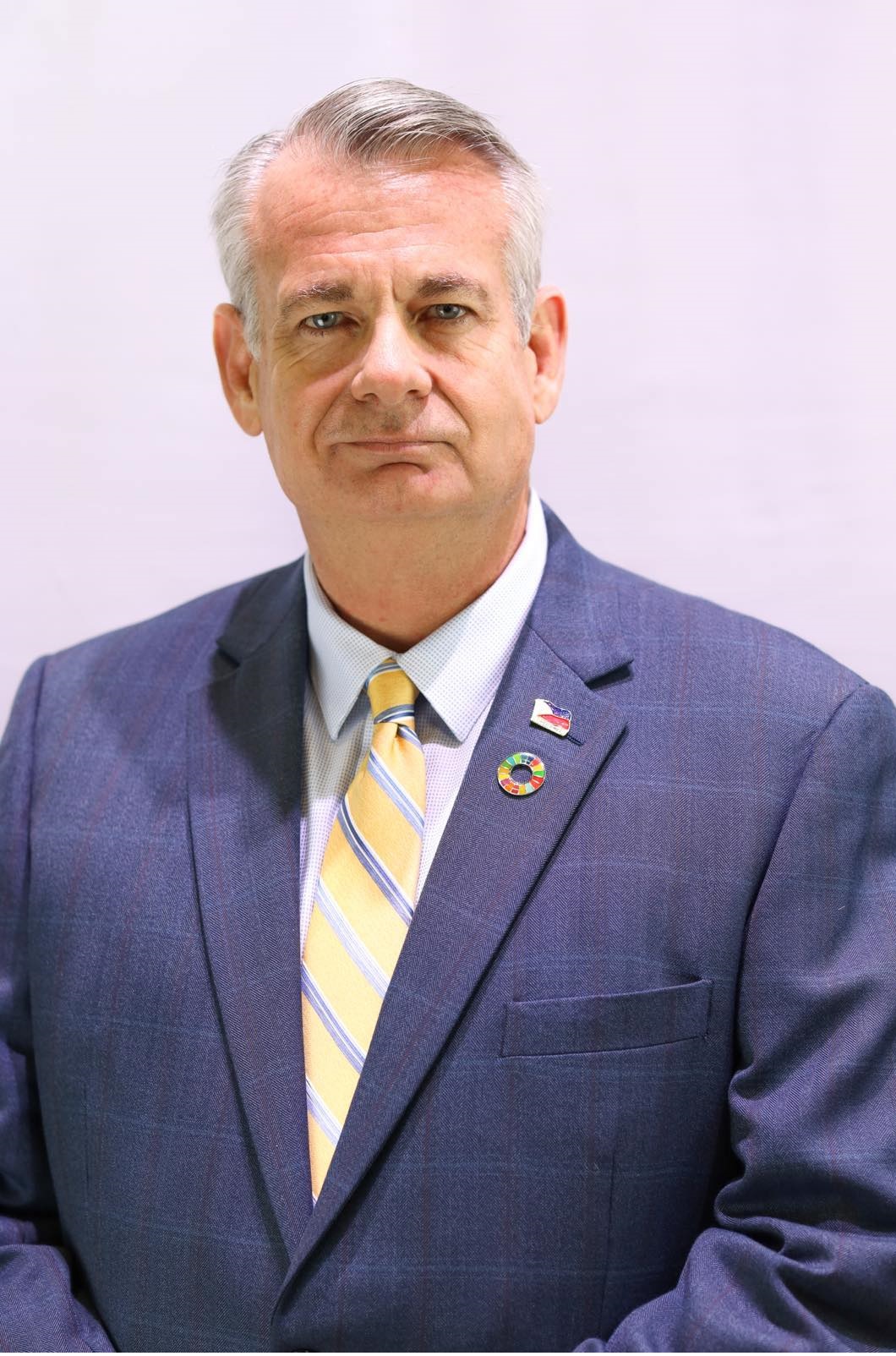Let’s talk about intentionality in Impact Sourcing
Article
It’s a triumph how much impact sourcing is talked about today. But to ensure it makes a real difference, we must talk about intentionality.
When you’ve been around outsourcing and sustainability for as long as I have, you develop a complicated response to new buzzwords.
On the one hand, I’m thrilled by any new positive momentum towards a more sustainable future. On the other hand, I’ve seen a lot of exciting things slowly fade away. It happens.
Yet every so often, buzzwords become something much bigger than any of us.
Recently, at the IAOP’s Outsourcing World Summit in Chicago, I found myself surrounded by a room full of people passionately exploring impact sourcing as a solution for businesses.
And all I could think was, “Wow. This is really happening. The time is now.”
To me, it’s a triumph that impact sourcing is something procurement departments talk about today. And I’m particularly impressed by how mature the conversation is.
But if we want to make sure all this momentum around impact sourcing makes a real difference, I think we need to start talking about intentionality.
What’s the intention behind impact sourcing?
When it comes right down to it, the intention behind an initiative is always more important than the label you put on it. This is true if you’re changing core processes in a single business or if you’re facilitating sustainable development on a global scale.
Because you can only measure the impact of any initiative in the context of its explicit goals.
The intention is the measure.
In the case of impact sourcing, this raises some strategic questions across the ecosystem.
Is impact sourcing about numbers? Is it about pure philanthropy?
For businesses, is the intention behind impact sourcing the impact itself? Or is it about the process used – the supply chain ESG reporting and management? There are no wrong answers here. But it’s important to be clear about intentions.
For outsourcers, how do we measure impact? Is employing a call centre in Rwanda more impactful than improving the diversity in a business’ executive ranks? The choice is hardly straightforward.
For the global community, exactly how much more responsible and accountable do we want to be for the way we hire and employ people around the world?
The answers to these questions will naturally vary across the community. But in my view, these are precisely the conversations we need to be having if we want to make sure impact sourcing is more than a buzzword.
Without a clear definition of intent, anything could be touted as impact sourcing. When that happens, it invariably muddies the waters.
For instance, to some, impact sourcing might mean temporarily hiring people in a developing country. To others it might mean trying to help underemployed demographics like women with disabilities by providing them with education and job training.
And to be clear, both of these are perfectly valid. But there’s a notable difference in intent and, in my experience, that difference matters.
At ADEC Innovations, we spend a lot of time thinking about whether we’re contributing more to the world than we’re taking from it. Some of our impact sourcing initiatives therefore tend to look a little bigger than usual.
For example, we own and operate the only college in Silay in the Philippines. Why? Because our intention is to empower more young people with gainful employment through education. To us, that is what impact sourcing can be.
At the same time we also have initiatives that accomplish job creation in a far more traditional sense.
We set up our ADEC Kenya delivery centre just outside of Nairobi so we could bring employment opportunities closer to people who typically walk thirty miles a day just to get to work.
The intent is what drives these initiatives – far more than if the initiative is called one word or another. It’s what drives strategic choices like whether the impact sourcing needs to happen on or off-shore.
For instance, in Ireland, we partnered with Turas Nua in Ireland to help long-time unemployed people to build careers in the customer service industry. Even in the US, we’ve helped global businesses employ single American mothers who can only work remotely.
At the end of the day, what we want is a world where every member of the ecosystem does their part to contribute to common goals around sustainability. That everyone makes a sincere contribution they can sustainably commit to.
The intent matters because the measurability of these contributions matters immensely.
It matters to the businesses spending money on these initiatives. And it most certainly matters to the people building their lives around the success of these initiatives.
The onus is on outsourcers
In every sector, in every country, populations and businesses are facing up to a diverse range of, frankly, existential threats.
Between the impending fallout of aging populations and the millions of jobs being created and destroyed by AI, it’s clear to me that outsourcers are about to take on an even more prominent role in the global economy.
As much as that should excite me, I’m also humbled by the responsibility it entails.
My hope is that as we move forward and deal with all these challenges, we do so with a clearer, more measurable view of what businesses want, what outsourcers can do and how the product of our endeavours impact the world.
Impact sourcing could end up being some buzzword we forget about.
Or it can be a catalyst for concrete change at a global scale.
The difference will be our collective intent.










